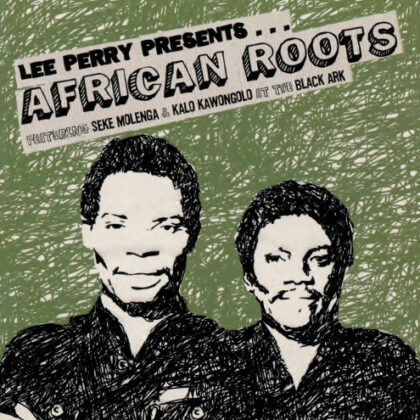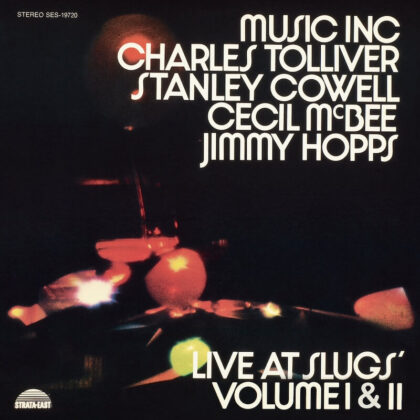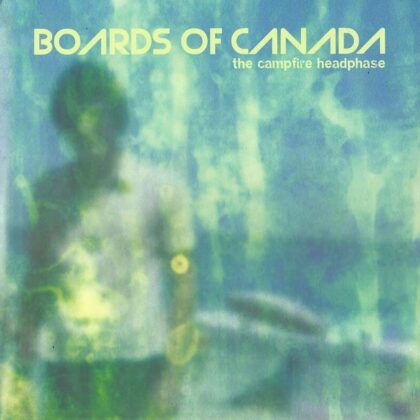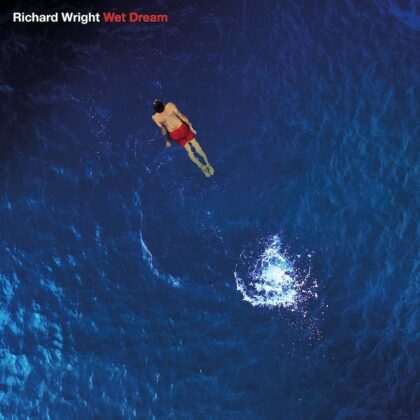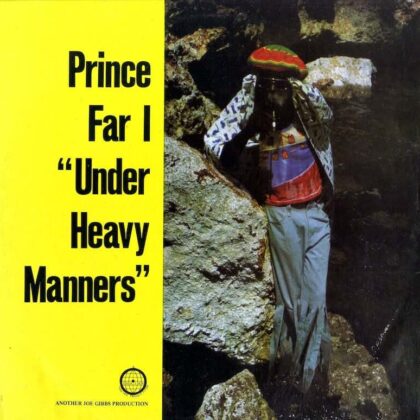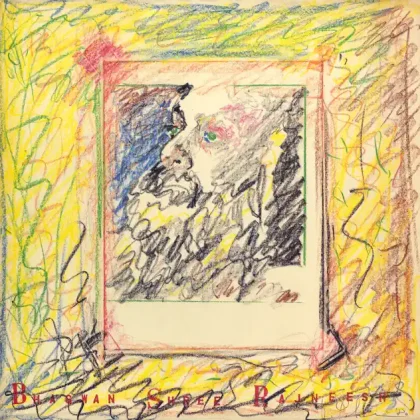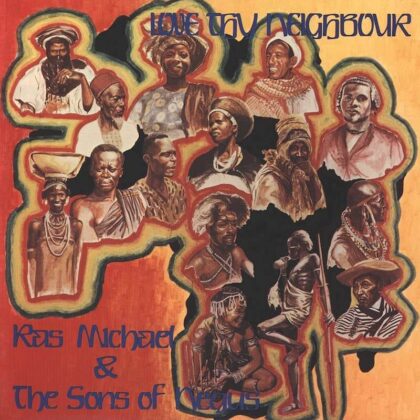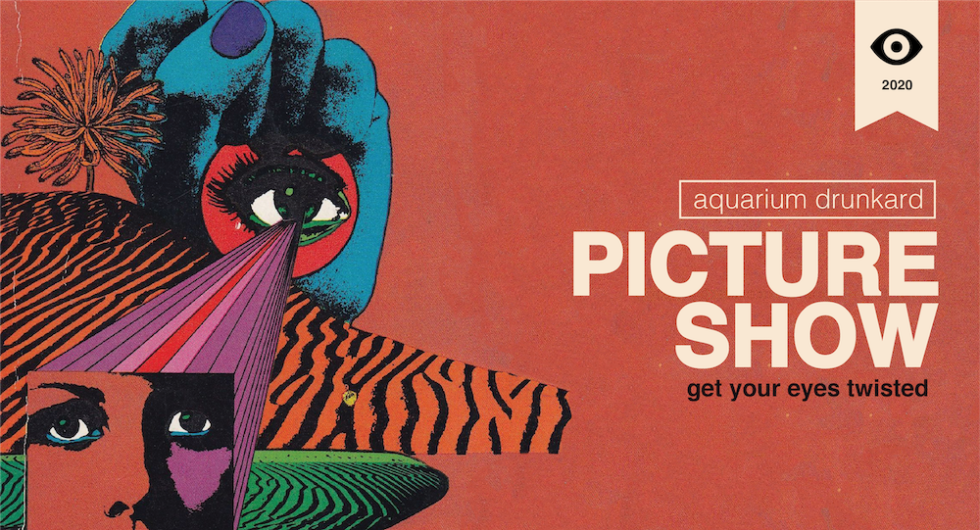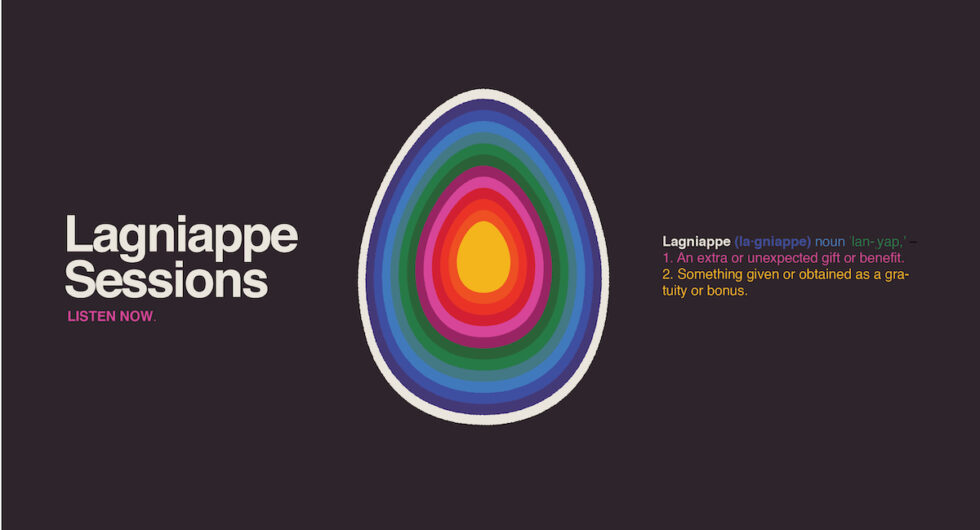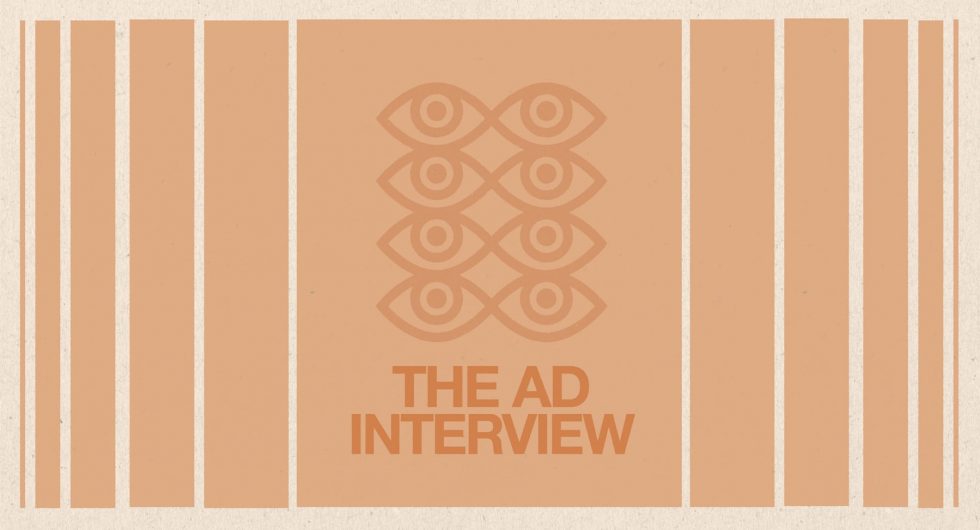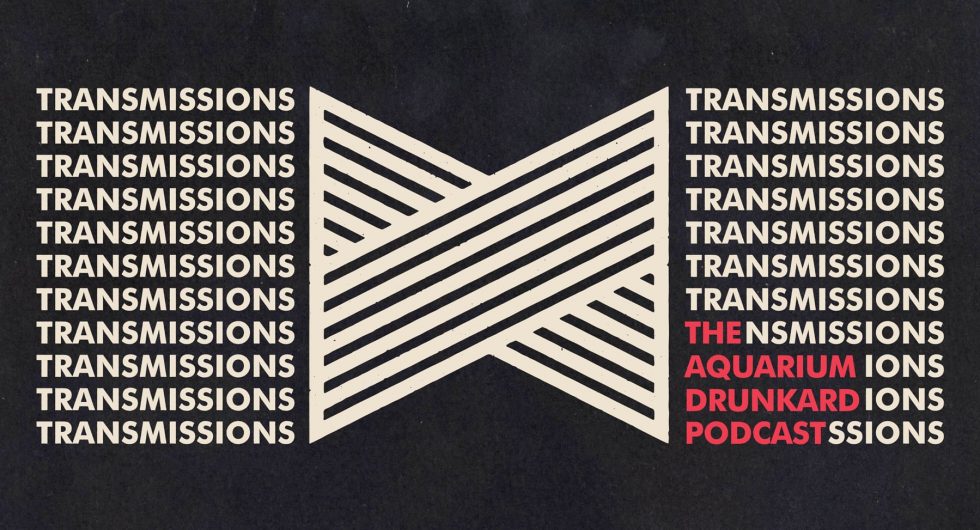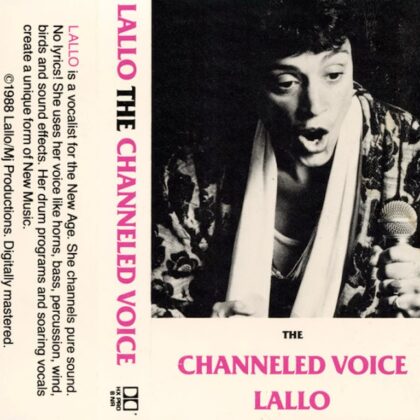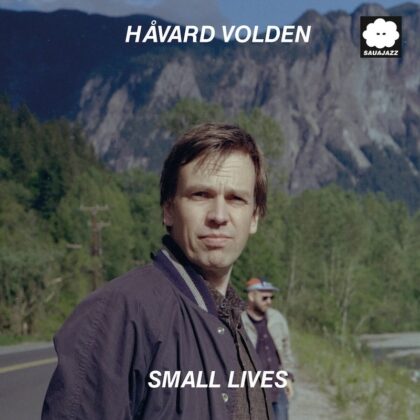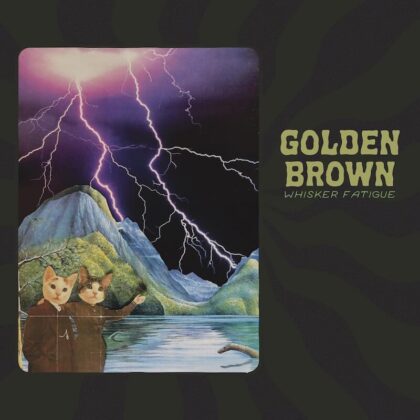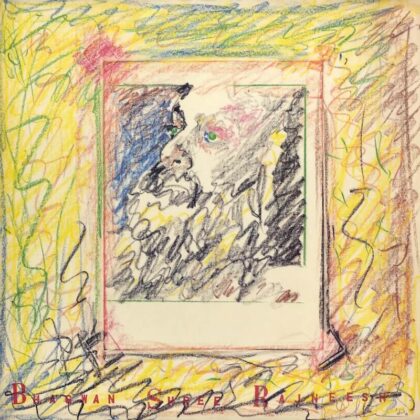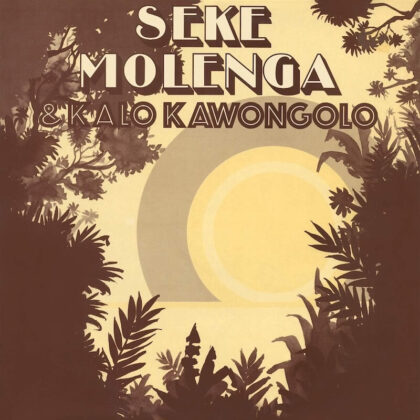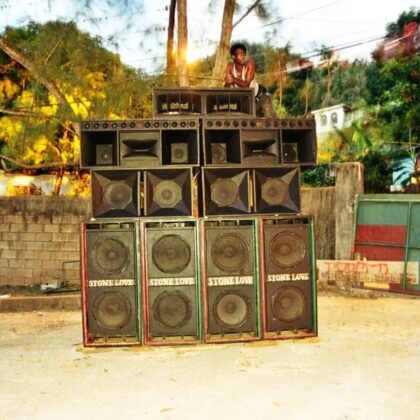Recorded in 1977 at the hand of Lee “Scratch” Perry in the legendary Black Ark lies one of its most beguiling and misunderstood creations. While blending roots reggae with African rhythms seems like a natural recipe for success, Island Records wouldn’t touch it. The project was deemed a failure at the outset, and only years later did various iterations of the project come to light.
Floreana :: Diamond Head (Beach Boys Cover)
As part of When You’re Calling Me, an upcoming tribute to the Beach Boys Friends LP coming soon on Passing By Records, Floreana (AKA LA-based musician Victoria Mordoch) tackles “Diamond Head,” one of the album’s two exotica-flavored instrumentals. In her hands, it’s a great dot-connector, taking us from Les Baxter to Stereolab to today’s ambient jazz scene. And she gets there in under two-and-a-half minutes. Something tells me Brian would be pleased.
